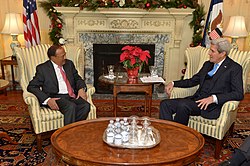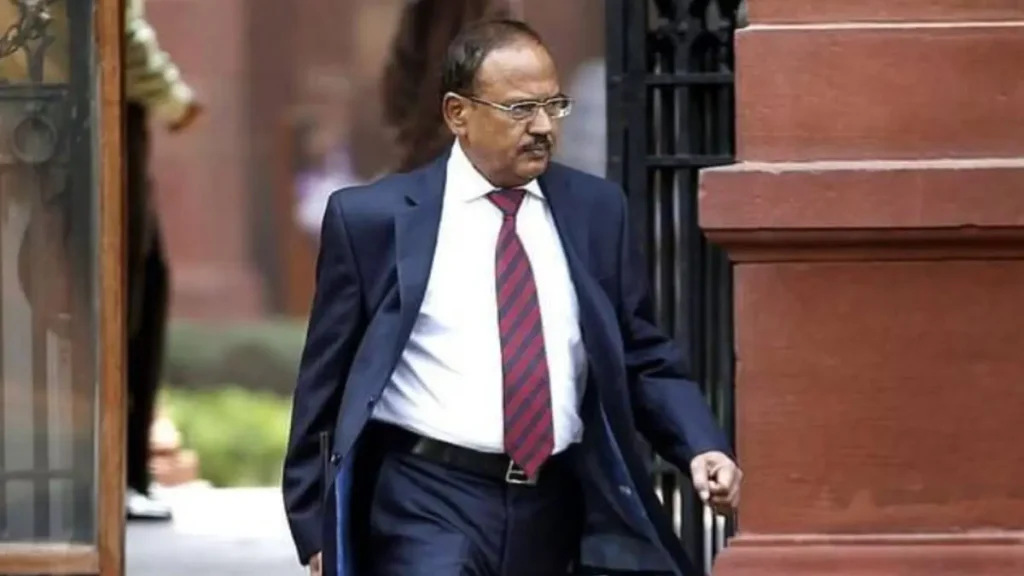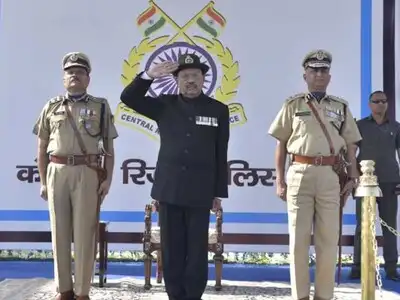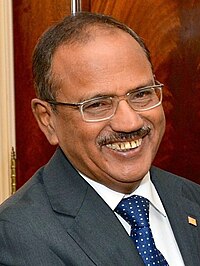
Ajit Doval, India’s National Security Advisor (NSA) since 2014, is one of the most decorated and influential intelligence officers in Indian history. With a career spanning over five decades, he has played a crucial role in counterterrorism, intelligence operations, and strategic policymaking. Throughout his career, he has been honored with numerous awards and recognitions, both for his gallantry and for his contributions to India’s national security framework.
1. Kirti Chakra (1988) – A Historic Honor
Ajit Doval was awarded the Kirti Chakra, India’s second-highest peacetime gallantry award, in 1988. This recognition was historically significant as he became the first police officer to receive this prestigious military honor, which is usually reserved for the armed forces.
Why was he awarded the Kirti Chakra?
Doval played a crucial role in Operation Black Thunder II (1988), a counter-terrorist operation in Punjab aimed at eliminating Khalistani militants who had taken refuge in the Golden Temple in Amritsar. He was instrumental in negotiating the militants’ surrender, a strategic move that prevented excessive bloodshed.
Significance of the Award
- The Kirti Chakra is awarded for conspicuous gallantry in peacetime.
- Doval’s recognition highlighted the vital role of intelligence officers in national security.
- His deep undercover work in Punjab was a turning point in India’s counterterrorism operations.
2. Indian Police Service Medals
a) Indian Police Medal for Meritorious Service
Ajit Doval received the Indian Police Medal for Meritorious Service after just six years in the Indian Police Service (IPS). This was an exceptional achievement, as the medal is typically awarded after at least 17 years of service.
b) President’s Police Medal for Distinguished Service
He was later awarded the President’s Police Medal for Distinguished Service, which is a recognition of long-term exceptional performance and dedication in the Indian Police Service.
These two medals established his reputation early in his career as a highly capable and efficient intelligence officer.
3. Honorary Doctorates – Recognizing His Intellectual Contributions
Ajit Doval’s expertise in geopolitics, security, and intelligence has been widely recognized by academic institutions. He has been awarded three honorary doctorates from prestigious universities:
a) Dr. Bhimrao Ambedkar University (December 2017)
- Recognized his contributions to national security and intelligence.
b) Kumaun University (May 2018)
- Honored for his deep knowledge and leadership in counterterrorism and strategic affairs.
c) Amity University (November 2018)
- Awarded for his role in shaping India’s security policies and geopolitical strategies.
These honorary degrees highlight his influence beyond the field of intelligence—acknowledging his strategic thinking, policy contributions, and impact on India’s defense landscape.
4. Uttarakhand Gaurav Samman (2022)
In 2022, Ajit Doval was honored with the Uttarakhand Gaurav Samman, one of the highest civilian awards of the state.
Why was he honored?
- Born in Pauri Garhwal, Uttarakhand, Doval has brought great pride to the state through his service to the nation.
- The award recognizes his immense contribution to national security, counterterrorism, and strategic intelligence.
This award placed him among the most respected figures from Uttarakhand, acknowledging his role in protecting India’s sovereignty and strengthening internal security.
5. Scroll of Honour at National Defence College (2022)
The National Defence College (NDC), one of India’s premier defense institutions, presented Ajit Doval with the Scroll of Honour in recognition of his outstanding contributions.
Why was this significant?
- The NDC Scroll of Honour is awarded to individuals who have made exceptional contributions to India’s defense strategy, security, and policymaking.
- It recognized Doval’s leadership as National Security Advisor, particularly for:
- Strengthening India’s military preparedness.
- Enhancing India’s counterterrorism strategies.
- Expanding India’s global defense partnerships.
This honor solidified his status as one of India’s foremost security strategists.




